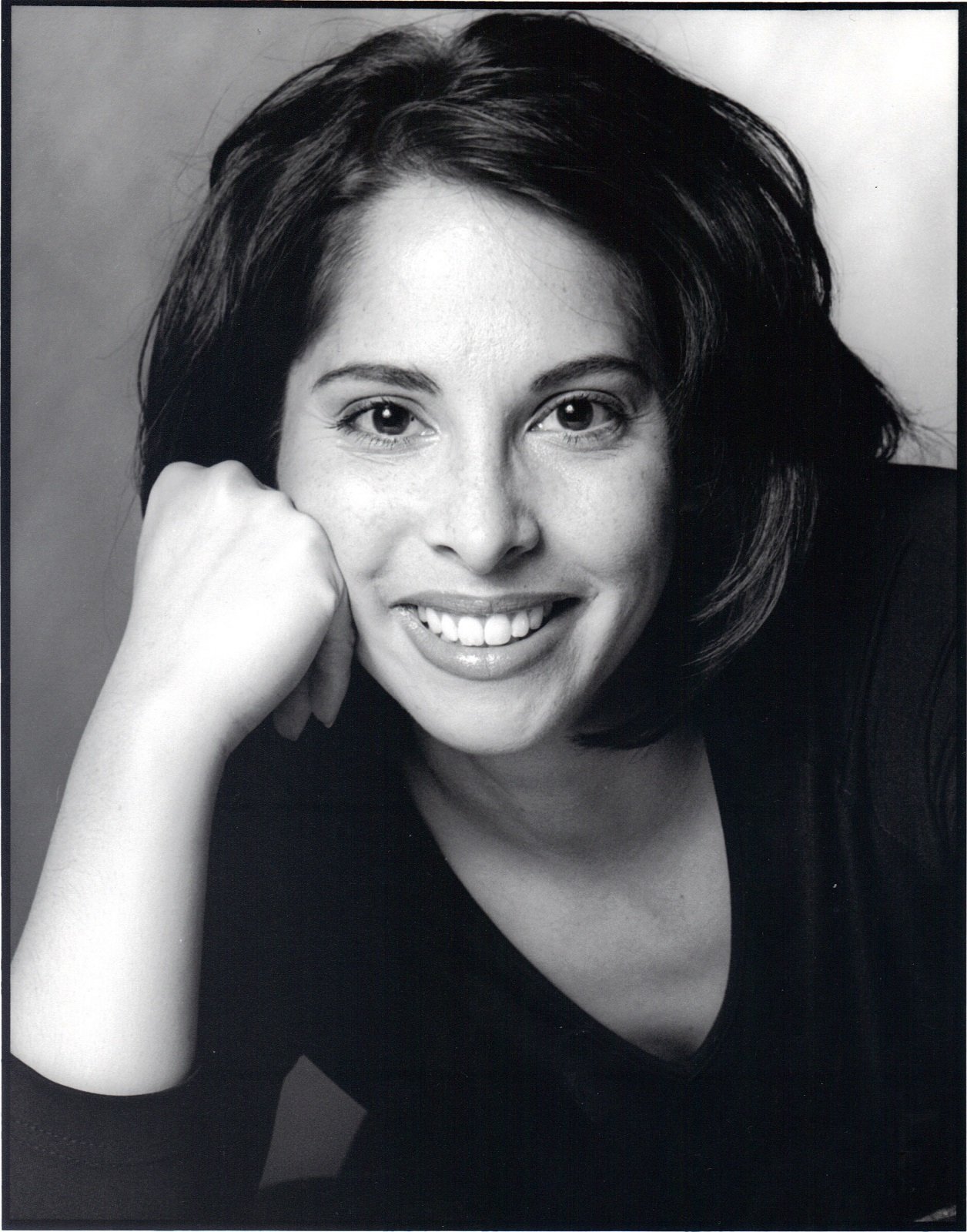 Rick Bloom of Rick Bloom Audio visual shares the critical role an audio visual producer plays in the production of any event of any size. From batteries to hardware compatibility to wi-fi functionality, he discusses common misconceptions that are usually responsible for some of the biggest problems experienced by event planners and coordinators. Rick also points out the importance of the budget that is needed for the audio equipment and stage sets and the crew to operate it all.
Rick Bloom of Rick Bloom Audio visual shares the critical role an audio visual producer plays in the production of any event of any size. From batteries to hardware compatibility to wi-fi functionality, he discusses common misconceptions that are usually responsible for some of the biggest problems experienced by event planners and coordinators. Rick also points out the importance of the budget that is needed for the audio equipment and stage sets and the crew to operate it all.
Jeannine: Welcome to today’s broadcast. Our guest is Rick Bloom, he is an audio-visual producer for meetings and live events. He has been in this field for 15 years and has founded his own business, Rick Bloom Audio Visual in 2004. Welcome to the show Rick, it’s great to have you!
Rick: Thank you, Jeannine, and I’m honored and just excited to be here and have a few minutes to talk with you.
Jeannine: Wonderful! So, before we go ahead and get started, what exactly is an audio-visual producer?
Rick: Well, in a meeting or any kind of a setting, there is an audio-visual component that, as I describe it, it is the enabling technology that allows messages to be seen and heard by either an audience in live events in the chair, or somewhere out in cyberspace through an internet webcast, or a broadcast of some kind. The audio-visual producer’s role is one that, I sort of describe it as being the director of all of these things, I pull all the pieces of that together, I take a meeting or an event planner’s dreams and visions or what goals they have to exactly execute in any particular environment, and I take those elements, and I bring them all together, and like an orchestra conductor, I just make it happen and put it out there for the audience.
Jeannine: So it’s not just plug and play?
Rick: No. Actually, that’s pretty much how this business evolved, was that as things got a little more complicated and a little more complex, and you know as human beings we sort of have a bit of fear of the unknown when it comes to all things electronic, and I’m sure that you can certainly relate to that. There are just some stumbling blocks here and there and there’s a lot of education out there that’s possible, and I’ve taken quite a bit of it myself, or obviously from the very beginning when I stepped into this industry to canal, in terms of continuing this education, to be able to work with clients and allay their fears and just sort of take that part of their meeting or their event or their conference or their webinars, or whatever it is, just take that part of it away from them so that they can really concentrate on what they do best, and allow an expert and somebody who spends their life in this industry every day, take over that part of trying to accomplish their goals.
Jeannine: So, from your years of experience, what do you find to be a common problem of people who usually require your type of services?
Rick: Great question. There are many, and let me see if I can just think of a couple that are really pretty common. One of them is that people think, and you mentioned this just a moment ago like plug and play, many people have the conception that because we have so much technology around us today in our daily lives, at home, on our flat screen TVs, on our iPads, mobile devices, everything that we carry around with us that someone could just walk into a meeting environment, plug them into a big screen display or a projector and it’ll just work. That’s just simply not true, it doesn’t even work that way, there are so many devices that have been simplified and say that it’s the difference between a Windows computer and a Mac, which is of course very common. The operating systems and the operating environments and the way that you connect those two different devices, even if it might be through the most up-to-date connectors, is different and they have to be set up and run differently, and if you don’t know your way around what we call the ‘back end’ of those devices so that you can set them up properly and make sure that they’ll all display correctly, is sometimes hard to do. As a matter of fact, it’s quite often that the hardest thing to do is to get it right. So, rather than taking something from an emergency standpoint, let an expert be in your environment, call on somebody for help, don’t be afraid to ask, and I or people like me who do the very same thing will be more than willing to help you to make you shine and help you get it right, that’s just one example.
Jeannine: Right. So, if there’s another one that you find to be kind of a big problem, other than kind of the lack of knowledge that there’s someone out there for you, what else do you counter like when you’re sitting down with someone and they discover that they do need someone like you. What other problems do you encounter when you’re actually talking to them about their events?
Rick: Well, often times it’s budget, and you know just from the simple standpoint that, you know again, people who put on conferences also attend them and there are all different sizes and shapes, and what they do is they see a great stage design or they see some mobile applications that are being used for such things as registration or even games that are used to engage people and make things lighter in a business environment that they can afford, all of that staff. So, the first thing that we do is just try to match the vision with the budget and I must say that our company has become pretty expert at, number one, listening to clients, listening to people that want to put on events and understanding what the kinds of goals are that they either want to or need to achieve, and then of course, we’ve already heard their vision, and then we try and play mix and match and make some sacrifices one way or the other and try to meet that budget as best we can and we’ve been very, very successful in being able to make that vision come to life. It does take a lot of hard work, it does take many hours of thinking and our creative team is very, very good at looking for ideas and presenting ideas, and certainly having the patience with a lot of clients to be able to, you know, help them navigate the murky waters sometimes and come out with a solution that really works for them, so budget and match versus what they see out there in the world is something that we try to bring together for them, and have done very successfully as well.

